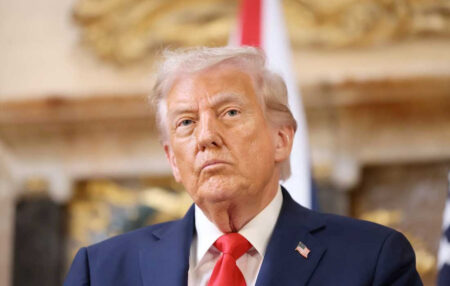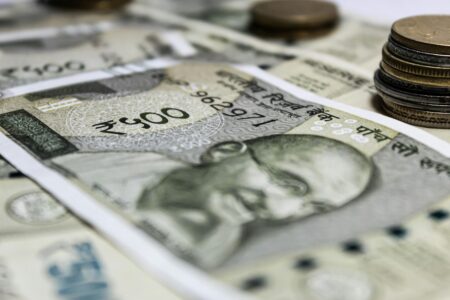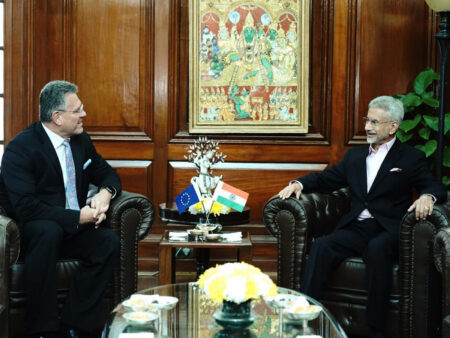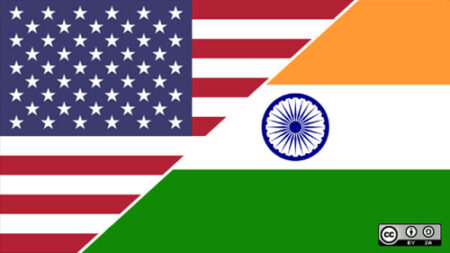India sharpens its trade focus—deepening partnerships with the US and UK, while reinforcing a hardline stance on Pakistan amid rising tensions and economic diplomacy.
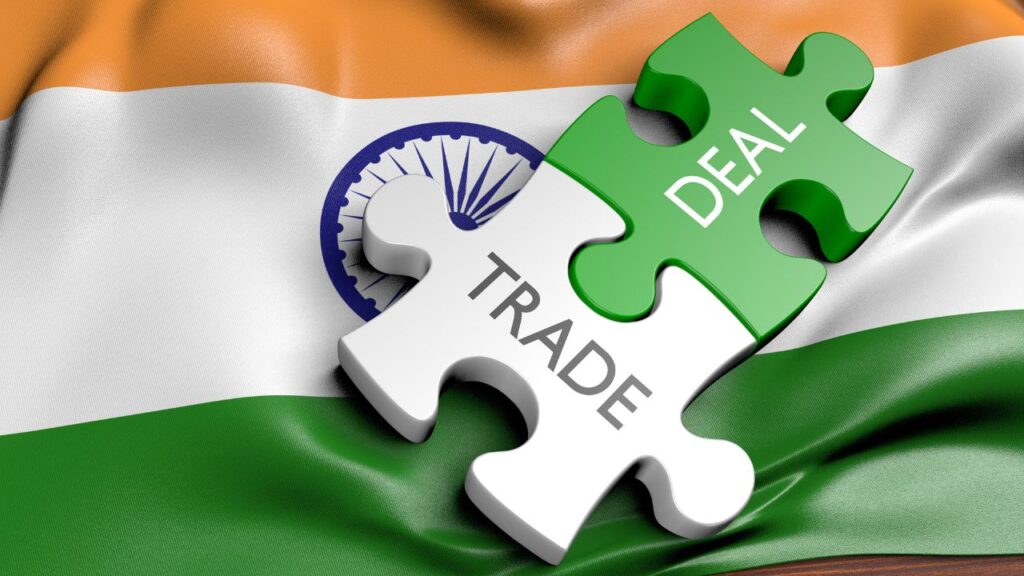
As global trade realignments continue to reshape international partnerships, India stands at a pivotal point—strengthening ties with long-standing allies like the United States and United Kingdom, while drawing firm boundaries with Pakistan. Recent developments underscore a focused approach in India’s trade diplomacy, with Prime Minister Shri Narendra Modi’s strong statements on national security and terrorism contrasting sharply against the collaborative tone of economic dialogues with Western powers.
India-US trade deal nears first phase completion
Commerce and Industry Minister Shri Piyush Goyal’s ongoing visit to the United States marks a critical juncture in finalising the initial phase of the India-US Bilateral Trade Agreement (BTA), expected before the July 8 sunset clause. India’s key ask remains complete relief from the additional 26% duty imposed on Indian exports, which has rendered its goods less competitive despite a 90-day suspension of reciprocal tariffs.
Talks have centred around eliminating both the 26% additional levy and the 10% baseline tariff, while also seeking preferential access for labour-intensive sectors like textiles, leather, gems, and chemicals. In return, the US is pressing for concessions in sectors including electric vehicles, petrochemicals, GM crops, and alcoholic beverages.
While India is open to limited agricultural imports and duty relaxations, it is drawing firm lines against genetically modified products. Officials indicate that the interim deal will cover merchandise, services like digital trade, and remove certain non-tariff barriers. However, a full-fledged agreement—covering 85–90% of trade—is unlikely before US Congressional approval.
The bilateral trade volume between the two nations reached $131.84 billion in 2024-25, with India recording a surplus of $41.18 billion. The long-term goal, under the jointly envisioned “Mission 500,” is to double bilateral trade to $500 billion by 2030.
UK-India FTA
Simultaneously, UK Business and Trade Secretary Jonathan Reynolds announced the conclusion of the UK-India Free Trade Agreement (FTA), calling it the most beneficial trade pact India has ever signed. The FTA is expected to boost UK exports—especially in whiskies, medical devices, machinery, cosmetics, and lamb—by an estimated GBP 25.5 billion annually. Improvements in customs procedures and digital trade facilitation will enhance market accessibility, particularly for small and medium enterprises.
India-Pakistan: “No trade, only talks on PoK”
While India builds economic bridges globally, its stance on Pakistan remains firm. In a speech in Rajasthan, PM Modi reiterated that no trade or dialogue will resume with Pakistan unless it pertains to Pakistan-occupied Kashmir. In the wake of the April 22 terrorist attack in Pahalgam, India launched “Operation Sindoor,” destroying nine terror hideouts in just 22 minutes. PM Modi warned that continuing terror exports would lead Pakistan towards economic ruin.
Conclusion
India’s approach reflects a dual strategy—engaging robustly with major global partners to enhance trade and investment while maintaining a zero-tolerance policy towards cross-border terrorism. As it pushes for economic resilience and security in tandem, India’s trade policy is not just about commerce but a broader assertion of strategic sovereignty.
Sources:
TOI, ANI, PTI, Swarajya Mag, Fortune India, Department for Business and Trade (UK)






